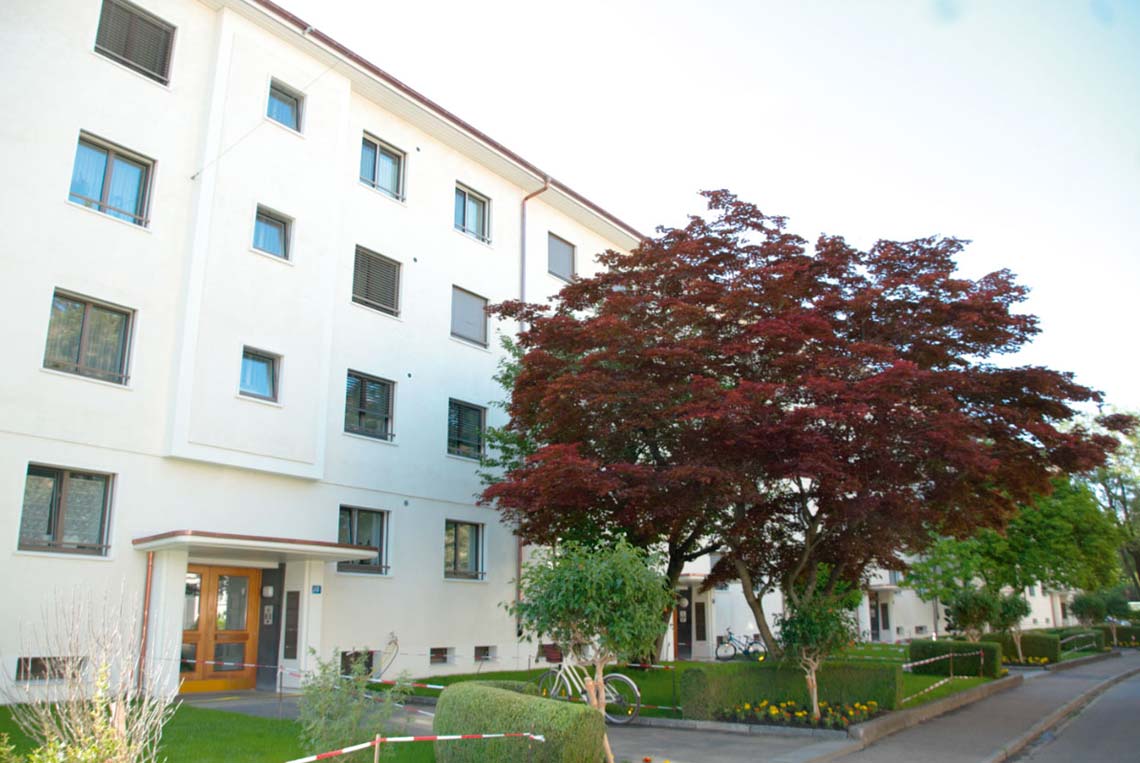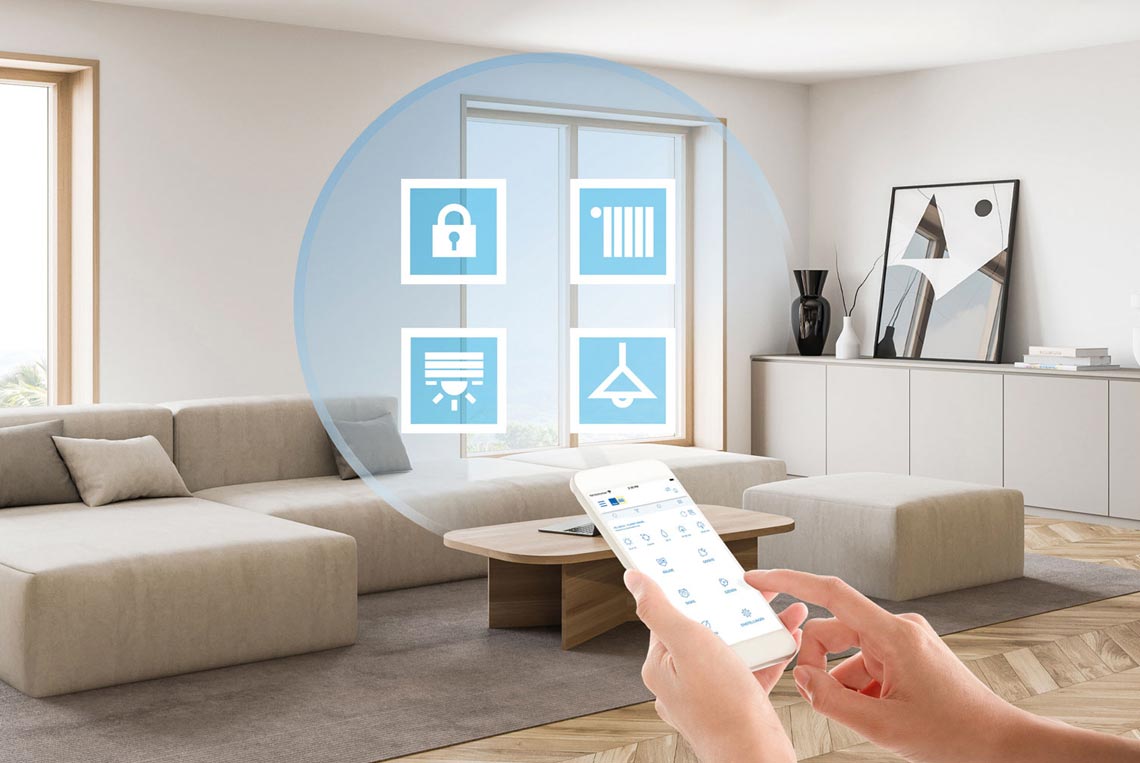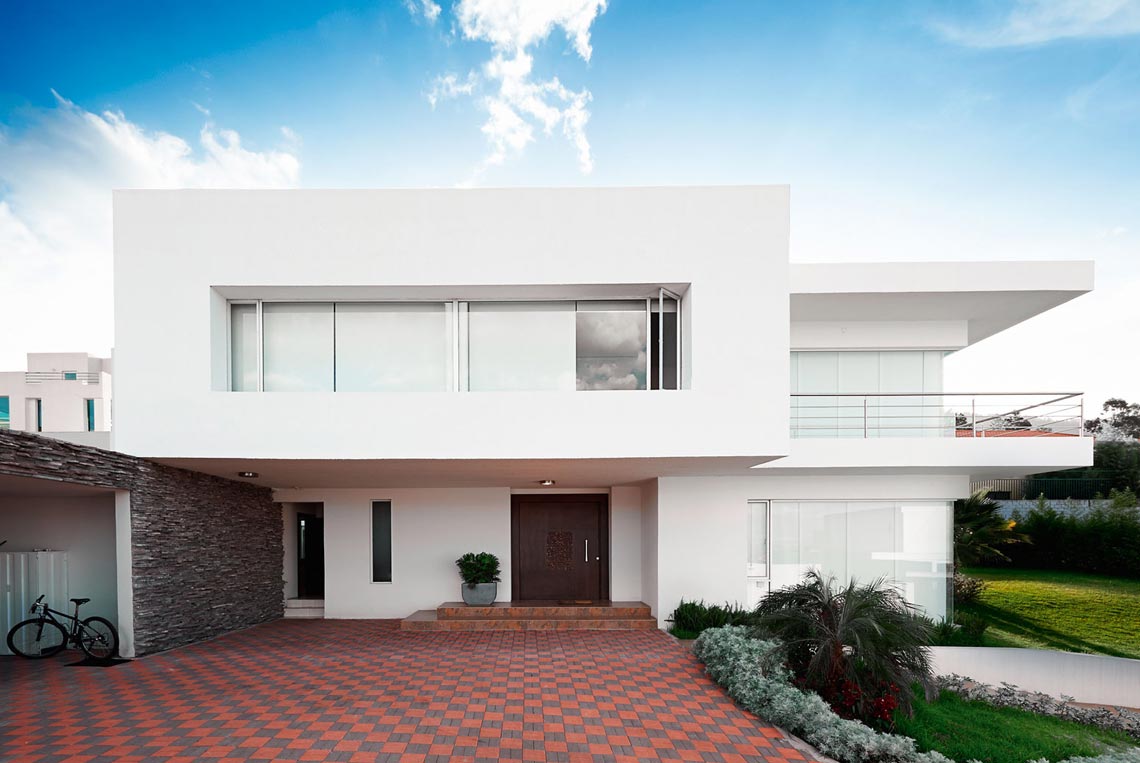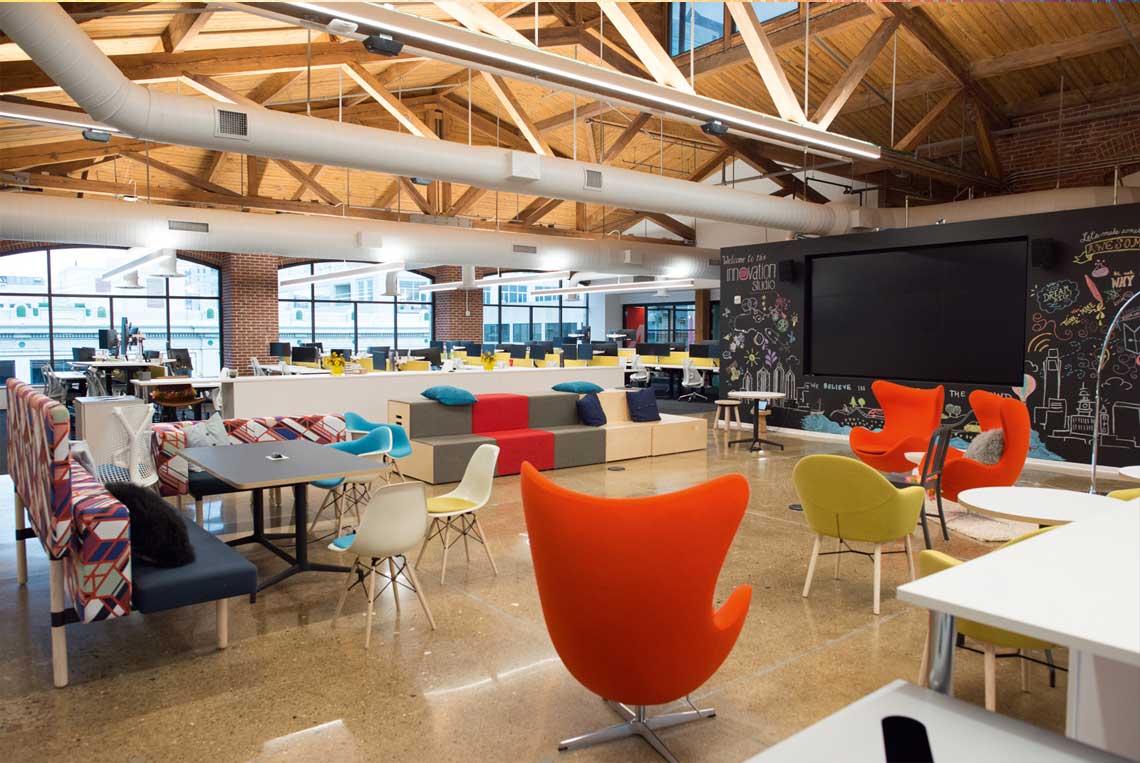Demand-based heating and ventilation technology in smart homes
Issue 01-2016:
read all articles online
read as pdf
This year’s biggest Smart Home innovations will be more than hardware: smart process technology and an optimized holistic system to boost energy efficiency will be dominating the future of Smart Homes.
Powering room climate and energy efficiency with automated ventilation systems
We stay indoors for up to 90% of our time, yet in 17% of german households at least one room is affected by mold.1 Main reasons are a high humidity and wrong ventilation practices. Smart home systems such as wibutler automate ventilation systems and take care of what humans tend to forget. In order not to waste heating energy, the system only ventilates based on demand. For instance, humidity sensors automatically start the ventilation when the humidity level rises or the system can time ventilation to start for five minutes.
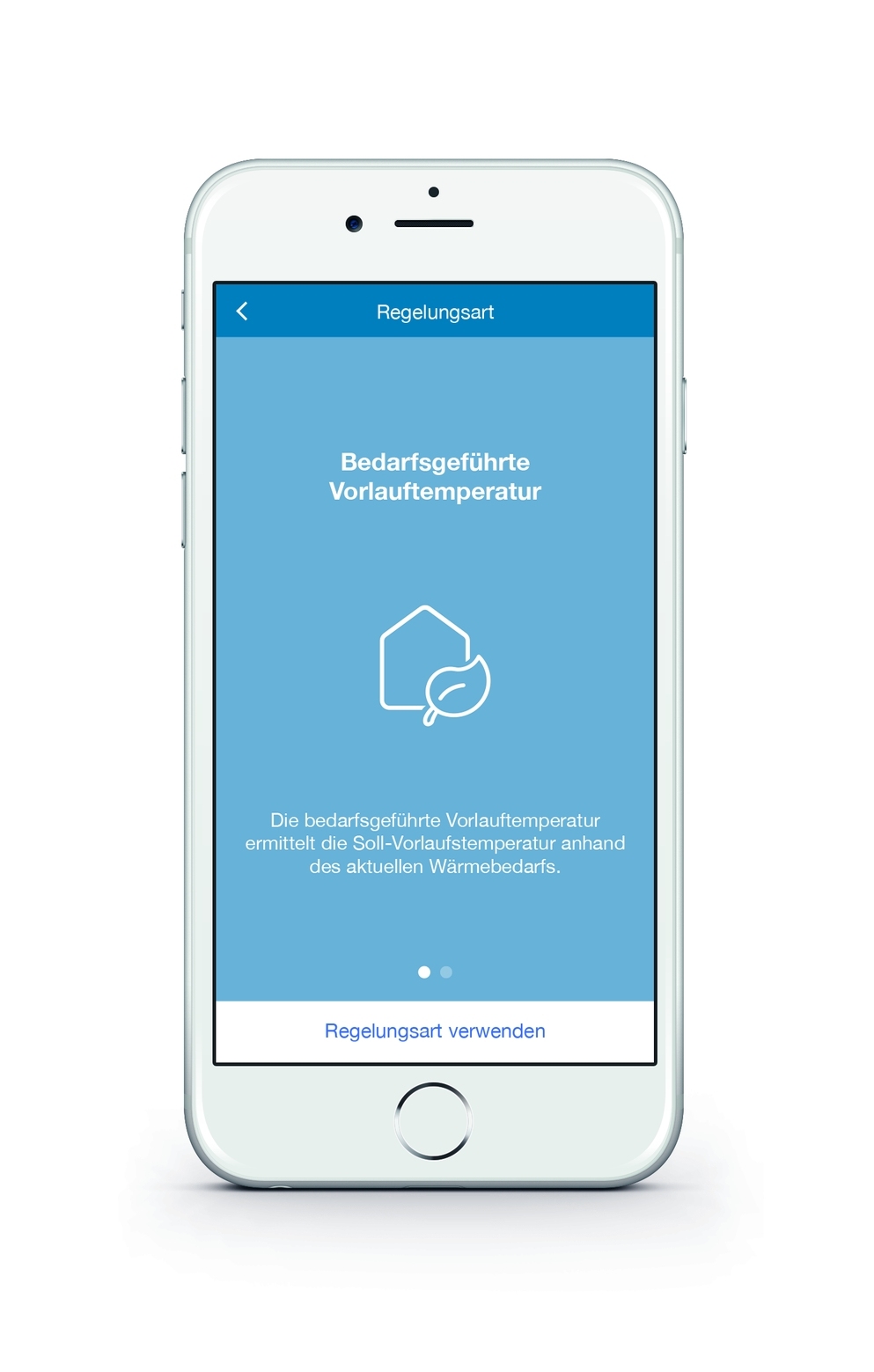
The configuration of the demand-based heating is easily set up with the wibutler app.
Integrated heating systems
In a smart home, window contacts can easily regulate radiators via actuating drives and turn down the heating if the window is opened. wibutler is now able to communicate with heating boilers, thermostats and actuating drives and uses the data of various smart devices within the home to automatically adapt the whole heating system to the daily routines of people and the actual heat demand of the whole home.
ERP Labeling: Upgrade for heating systems
The European Union has passed the ERP Labeling directive for heating systems to give consumers an overview of the systems energy efficiency. Heating systems that are connected to an energy efficient smart home solution qualify for an upgrade. A package including a wibutler pro server, smart heating actuators, and a smart module for a heating boiler leads to an upgrade of a gas condensing heating system from A to A+.
Demand-based heating
Up to now, it has been common practice to regulate the performance of a heating boiler based on the temperature outside. In contrast, a system integrated into a wibutler smart home, can identify the actual heat demand and optimize the whole heating system accordingly.
Individual separately regulated heating circuits can be created and wibutler can adapt the separate heating circuits to what is currently happening in the building. For instance, wibutler can communicate whether heating sources exist or windows are open. It then passes the information to a smart boiler module and only turns up the heating boiler performance, when it is actually needed.
1Immobilienscout24: Study “Wohnen und Leben”. Nuremberg: 2012
New articles in Smart Home
Top articles

